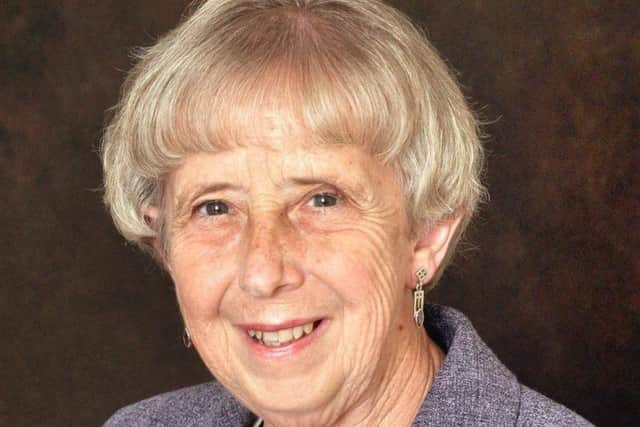Toddlers in South Tyneside among the most developed in England


Between July and September 2018, 94% of children aged between two and two-and-a-half years old passed key development assessments.
The average for England is 84%.


Nurses assess the youngsters at home and submit data to the local authority - assessing communication, problem solving, personal social skills, and different motor skills.
Advertisement
Hide AdAdvertisement
Hide AdA total of 365 pupils were evaluated in South Tyneside in the three months to September 2018.
Coun Moira Smith, lead member for children, young people and families, said: “This is fantastic news and proves that our commitment to invest in early years provision is paying dividends. We have excellent uptake for our two year old offer and also the funded early education offer.
“Every child taking up their entitlement to the early education offer is included in our Basket of Opportunities (BOO) child development programme which focuses on the three prime areas of development, in particular communication and language.
“Children on the programme make significantly more progress over time than those who do not take part. Nurseries and schools also run very effective targeted literacy development programmes.
Advertisement
Hide AdAdvertisement
Hide Ad“We are immensely proud of the fact that all of our nurseries in the borough have been rated Good or Outstanding by Ofsted.”
Rosamund McNeil, assistant general secretary at the National Education Union, said the assessment helps parents know more about their children’s capabilities.
She said: “You also have to take into account that 20% of the kids may have some additional need and it really matters which month in the year children were born.”
A Public Health England spokesman said: “In terms of inequalities it was found that children living in the most deprived areas have a lower chance of achieving the overall expected level of development than those living in the least deprived areas.
Advertisement
Hide AdAdvertisement
Hide Ad“In particular, children living in the most deprived areas are around eight percentage points less likely to have the expected level of communication skills than children living in the least deprived areas.”